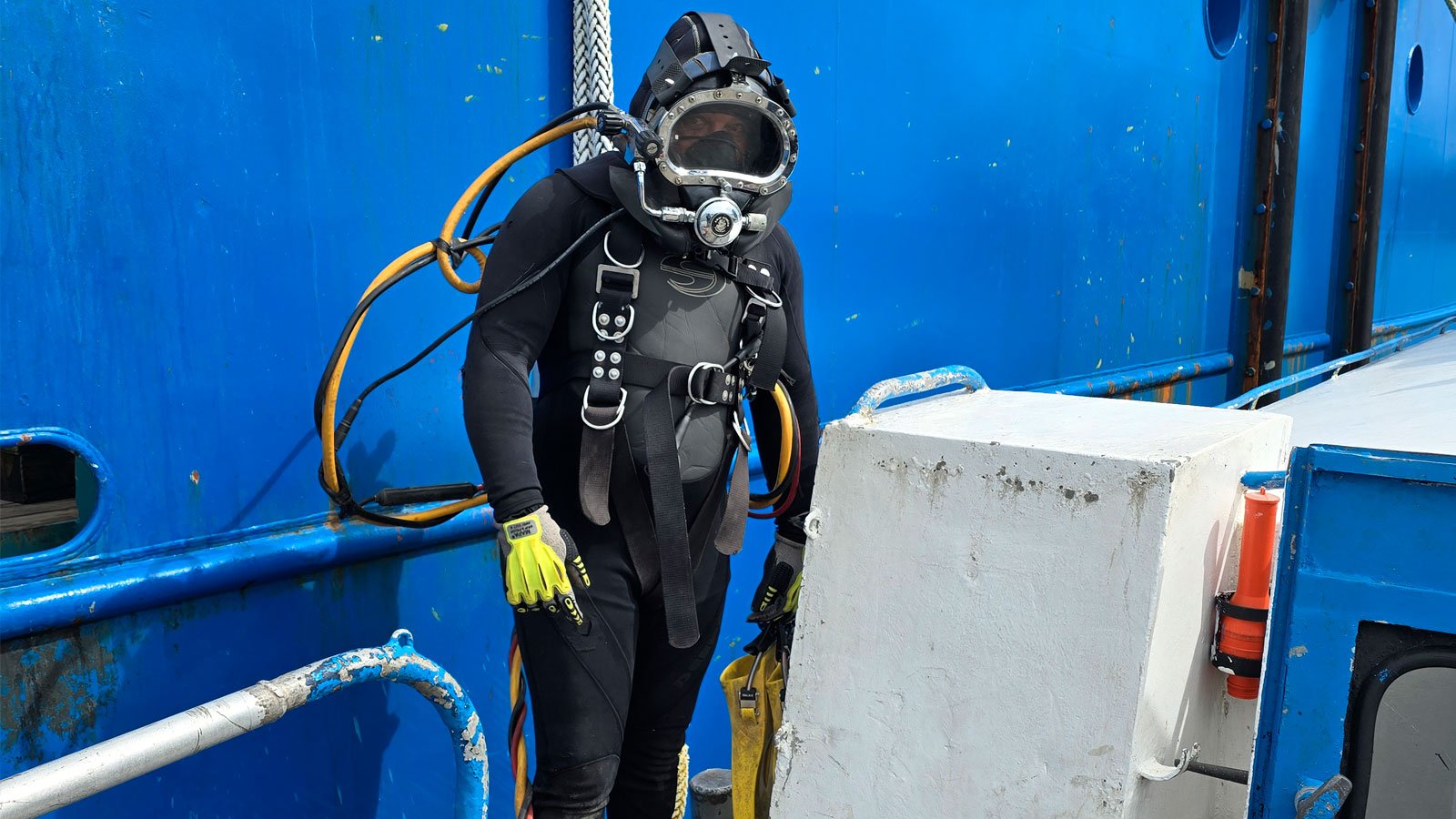Why Marine Anode Replacement Matters for Hull Protection
When it comes to protecting a vessel’s submerged surfaces from corrosion, few strategies are as cost-effective and efficient as marine anode replacement. Anodes are essential sacrificial components installed on ships to protect hulls, rudders, propellers, and other metal parts from galvanic corrosion. Replacing these anodes regularly ensures your vessel stays structurally sound and operationally efficient.

What Are Marine Anodes and How Do They Work?
Marine anodes are metallic components made of zinc, aluminum, or magnesium that are intentionally more reactive than the metal surfaces of a ship. They are used in a system called cathodic protection, where they corrode in place of the protected metal structures.
In essence, these anodes «sacrifice» themselves to extend the life of critical submerged surfaces. When properly maintained, they help:
- Prevent rust and electrochemical corrosion
- Extend the lifespan of the ship’s hull and propeller
- Reduce maintenance costs in the long term
- Maintain compliance with classification society standards
Why Anode Replacement is Critical in Panama’s Waters
Panama’s tropical marine environment accelerates corrosion due to high water temperatures and salinity levels. This means that anodes wear out faster here than in colder, less corrosive waters. Ships operating in and around the Panama Canal or waiting at anchorages in Balboa, Cristóbal, and Colón are especially vulnerable.
At Aquadiver Panamá, we’ve observed that vessels not replacing anodes at the right intervals often suffer from early structural damage, increased fuel consumption, and more frequent dry-dock visits. Preventing that begins with regular underwater inspections and timely anode changes.
Signs That Your Vessel’s Anodes Need Replacement
1. Visual Deterioration
If your anodes appear worn down, cracked, or significantly pitted, they may no longer be functioning properly. A typical zinc or aluminum anode is considered «spent» when about 50%–70% of its mass has corroded.
2. Increased Corrosion on Hull
Rust spots, pitting, or discoloration on the hull indicate that the anodes are no longer offering protection. If you start to see corrosion in unexpected places, it’s likely time for replacement.
3. Performance Degradation
Higher engine load, poor maneuverability, or vibration issues could stem from underwater parts losing protection and becoming less hydrodynamic due to corrosion or marine growth.
How Often Should Anodes Be Replaced?
There’s no universal schedule, but here are general guidelines:
- For vessels in tropical waters like Panama: every 6–12 months
- For ships in colder or less saline waters: up to 18 months
- Based on condition: after losing more than 50% of original material
However, anode replacement should always be based on regular inspections. At Aquadiver Panamá, we recommend checking anodes during every scheduled underwater hull inspection or hull cleaning service.
What Areas Require Anode Protection?
- Hull plates (especially near weld seams)
- Rudder and pintles
- Propeller and shaft
- Sea chests and grates
- Thrusters and pod drives
Each component faces different levels of electrochemical exposure, and specific anodes must be selected and installed according to their purpose and location.
Underwater Anode Replacement: How It Works
The process of replacing marine anodes underwater involves:
- Inspecting the current anode condition using divers and video recording
- Selecting the right anode material (zinc, aluminum, magnesium)
- Unbolting or detaching the old anodes using hydraulic or manual tools
- Cleaning the mounting surface and installing new anodes
- Verifying fit, alignment, and electrical continuity
- Submitting full documentation with before-and-after photos to the shipowner or class society
Our divers at Aquadiver Panamá are certified for this process and have performed anode replacements on vessels ranging from small tugboats to large container ships.
Types of Marine Anodes
| Type | Best For |
|---|---|
| Zinc | Saltwater environments; traditional choice |
| Aluminum | Longer-lasting, eco-friendlier option |
| Magnesium | Freshwater or brackish environments |
We typically recommend aluminum anodes for vessels operating in the Canal due to their high efficiency and durability in tropical saltwater.
Why Work with Aquadiver Panamá?
- IMCA and ADCI certified divers
- Underwater video documentation for every replacement
- Rapid deployment in Balboa, Colón, Cristóbal, and private terminals
- Compliant with class survey and insurance requirements
Our reports include date-stamped images, technical notes, and GPS location tracking of each replaced anode. We can also provide multi-vessel fleet tracking for anode life-cycle management.
Case Study: Anode Replacement During Hull Cleaning
A 180-meter bulk carrier scheduled a routine hull cleaning in Colón. During inspection, our divers noted that 60% of the vessel’s anodes were nearly spent. We completed the full replacement within the same dive session, saving the client both time and money. Fuel efficiency improved by 8%, and the vessel passed its upcoming class survey without issues.
Conclusion: A Small Change with Big Impact
Anode replacement is one of the most affordable and effective ways to preserve the integrity of your vessel. It safeguards against hidden corrosion, reduces the risk of expensive repairs, and ensures compliance with international standards.
Whether as part of regular maintenance or emergency intervention, marine anode replacement is essential for any ship operating in Panama. Contact Aquadiver Panamá today to schedule an underwater inspection or replacement at your preferred port.
